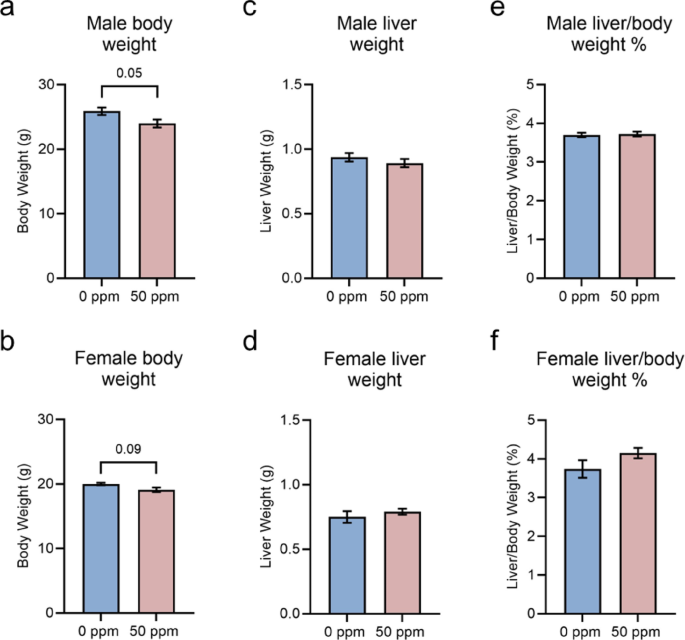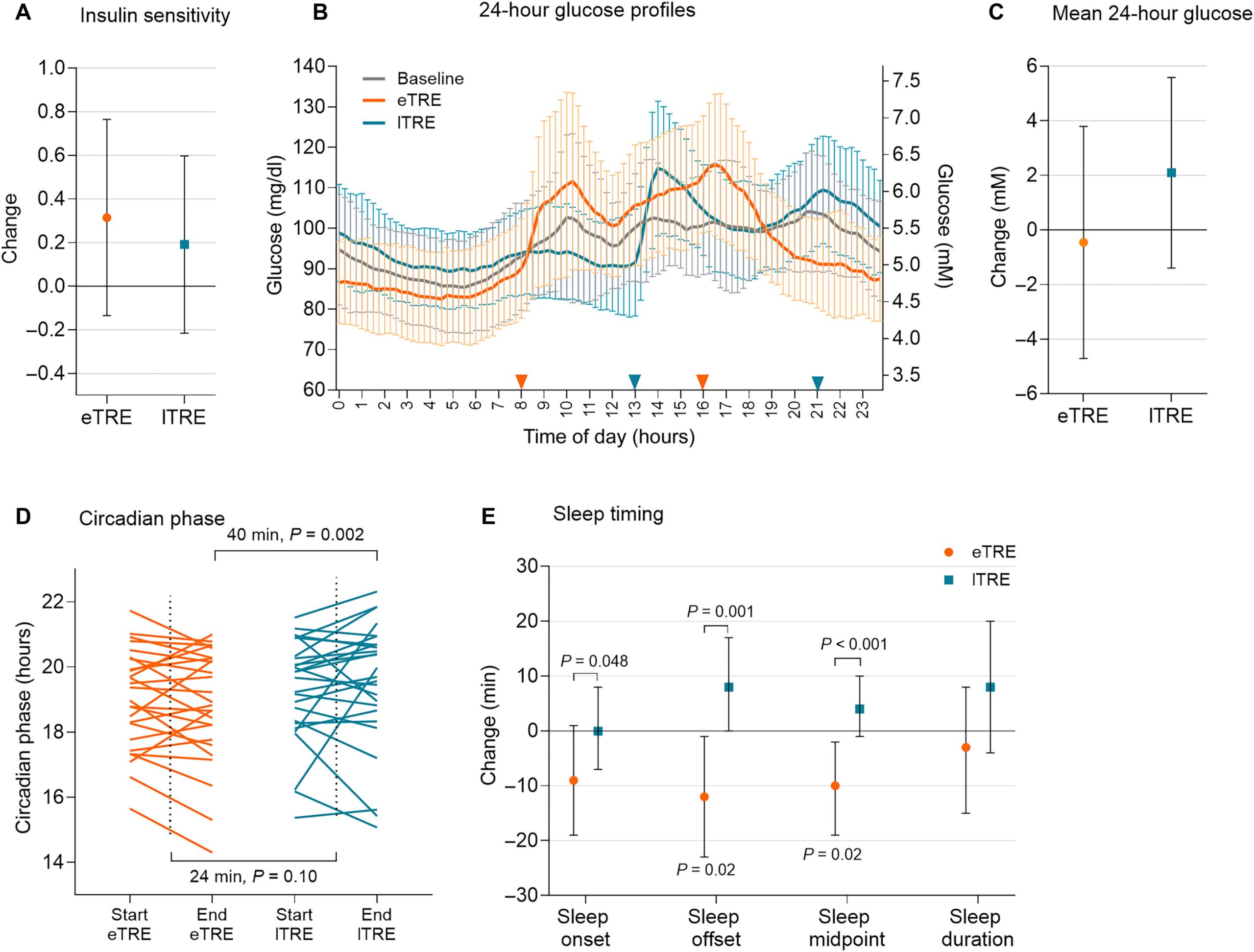Summary
The findings suggest that gut health is as important as caloric intake when it comes to addressing low body weight.
Researchers from Fujita Health University and Symbiosis Solutions recommended pre- and probiotics supplementation to improve the gut microbiota and for a healthier body weight.
Not …
Source: NutraIngredients.com

AI News Q&A (Free Content)
Q1: What does recent research from Japan reveal about the gut microbiota diversity in underweight women compared to their normal-weight counterparts?
A1: A recent study from Japan found that underweight women, those with a BMI of less than 17.5, have significantly lower gut microbiota diversity compared to normal-weight women. This reduced diversity is not associated with differences in dietary patterns, suggesting that gut health may be crucial in managing low body weight. The study highlights the importance of considering gut microbiota in addressing health risks associated with low body weight.
Q2: What are the potential health risks associated with being underweight as identified in recent studies?
A2: Underweight women are at risk of various health issues, including menstrual irregularities, infertility, compromised immune responses, and reduced bone mineral density. These risks are exacerbated by the low diversity of gut microbiota, which plays a critical role in maintaining overall health and metabolic functions.
Q3: How can probiotics and prebiotics play a role in improving gut microbiota diversity in underweight individuals?
A3: Probiotics and prebiotics can enhance gut microbiota diversity by promoting the growth of beneficial bacteria. This can improve digestion, reduce inflammation, and support better nutrient absorption, which may help in managing underweight conditions. By modulating gut flora, probiotics may also aid in energy metabolism and weight management.
Q4: What differences in gut microbiota diversity were observed between underweight and normal-weight women in the study conducted by Fujita Health University?
A4: Fujita Health University's study observed that underweight women had significantly lower gut microbiota alpha-diversity compared to their normal-weight counterparts. Despite similar dietary patterns, the gut microbiota beta-diversity also differed significantly between the two groups, indicating that factors other than diet are influencing gut health in underweight women.
Q5: What is the significance of gut microbiota diversity in the context of gastric cancer research?
A5: Gut microbiota diversity is being investigated as a potential predictive marker for gastric cancer. Alterations in gut diversity have been linked to an elevated risk of gastric cancer, suggesting that maintaining a healthy gut microbiota could be integral to early risk assessment and prevention strategies.
Q6: How do probiotics influence weight management and metabolic health according to recent scientific findings?
A6: Probiotics influence weight management and metabolic health by modulating gut microbiota. They can positively affect energy metabolism, fat storage, and appetite regulation, thereby supporting weight stability. Probiotic supplementation has been shown to reduce adiposity, prevent weight gain, and improve gut barrier functions, making it a promising strategy for managing obesity and metabolic disorders.
Q7: What are the broader implications of gut microbiota diversity in public health strategies, particularly for vulnerable populations?
A7: Recognizing the importance of gut microbiota diversity in body weight management invites a reevaluation of nutritional guidelines. It underscores the need for microbiome-conscious frameworks in clinical nutrition and public health strategies, especially for vulnerable populations like underweight individuals who are at risk of health complications due to low diversity in their gut microbiota.





